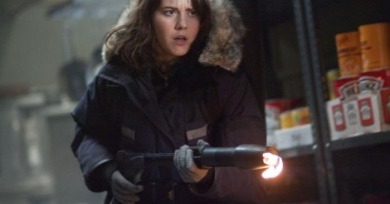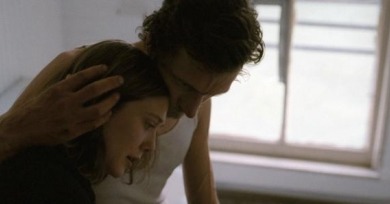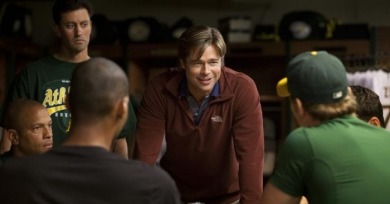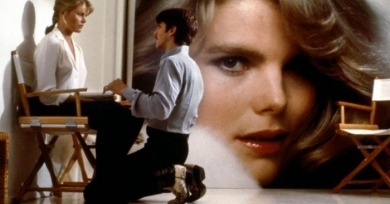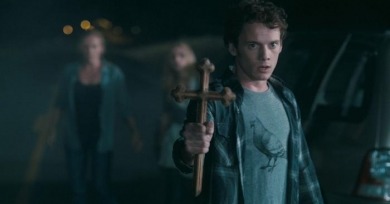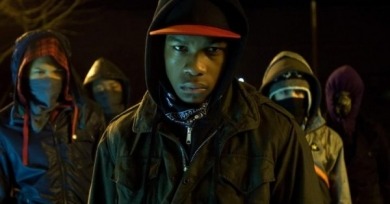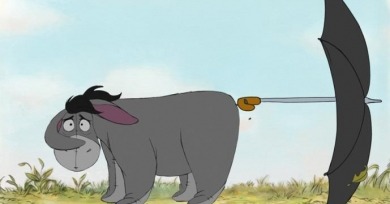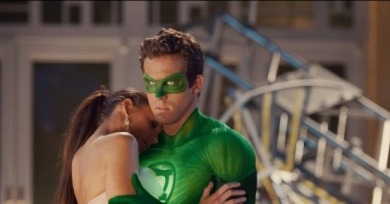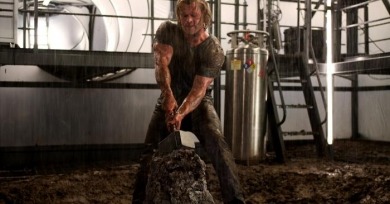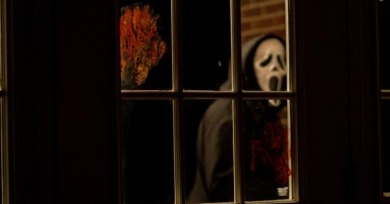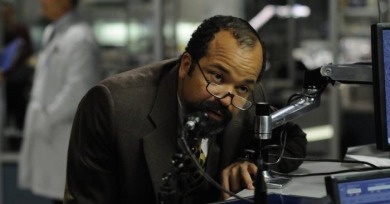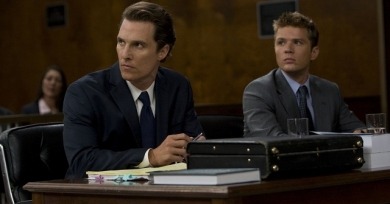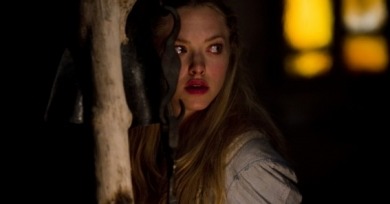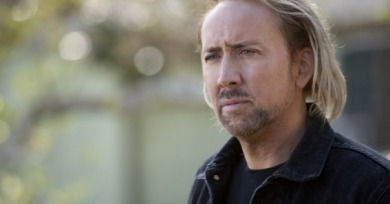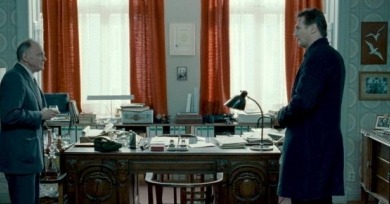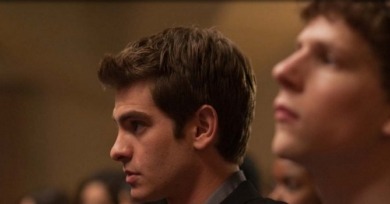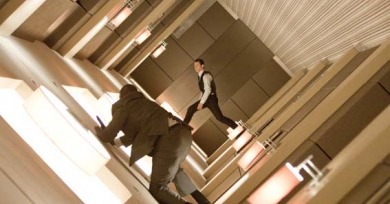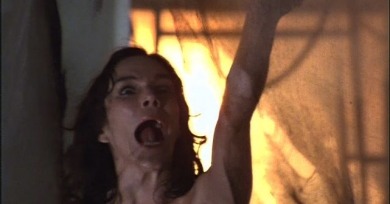Adam Nayman
A reimagining of a remake, then—or maybe, to get into the spirit of a story about an alien intelligence hopping between hosts, it’s a kind of inhabitation—an attempt to mimic the textures of its source material so that fans and newcomers alike can’t even tell the difference.
What’s daring about Martha Marcy May Marlene is that we’re denied any view of its main character before her transformative experience.
As far as big studio dramas are concerned, Moneyball functions well—it’s far too long but goes down easy, is well acted and stylishly shot. But it’s also a missed opportunity.
The film is desultory, employing aggressive editing not for exhilaration but in the service of sensory assault. It entraps its actors rather than letting them achieve liftoff. Cabaret and All That Jazz have urgency; Star 80 feels like a movie Fosse stopped wanting to make almost immediately after he rolled camera.
Colin Farrell, first appearing on his front lawn in a seductive glower and matching black tank-top, is a vamp of the highest order—the role gives the Irishman a chance to strut his sundry stuff; his sexy swagger and comic chops are both on full view.
Cornish's achievement is to craft a whip-crack B-movie entertainment that's built for speed—everything in this alien-invasion thriller happens before you expect it to—but that also gets pretty good sociopolitical mileage to the gallon.
I wouldn’t hesitate to trade all the dimensional novelties of the latest Pixar picture for the single moment here when the screen is tilted this way and that to rouse the eponymous ursine protagonist out of bed, a bit of play with the frame that’s right out of The Navigator.
It’s not fun to watch a favorite actor fail. Much to the confusion (and amusement) of certain of my friends, I’ve cultivated a great fondness for Ryan Reynolds over the years, probably ever since his preternaturally snappy line readings on the late, and unlamented, ABC sitcom Two Guys, a Girl, and a Pizza Place.
If My Dinner with André offers a torrential downpour of dialogue, Old Joy is like a weekend of scattered showers.
Stripped of his powers and biding his time in a tiny New Mexico town that looks like it consists of one dusty block, Hemsworth turns out to be a real stand-up guy, charming as he smashes coffee mugs with pleasure and grunts to the waitress for more drink.
I guess it’s interesting to note that the biggest difference between this perfectly well made and completely superfluous third sequel and its now-fifteen-year-old source material is the degree to which the principal characters are film-literate.
At this point, writer-director Duncan Jones at least has an artistic identity. He’s a mildly clever sci-fi conceptualist in thrall to a single conceit: perplexed characters caught in experiential loops.
It hadn't occurred to me that there's no real suspense in this movie following a few early revelations, but you're right, Adam. And I felt a little embarrassed for the talky Lincoln Lawyer when it resorted to some precisely timed live rounds to awaken snoozing viewers.
It would be accurate enough to say that Red Riding Hood suggests a book report on Bruno Bettelheim’s landmark psychoanalytic study of fairy tales The Uses of Enchantment by a student who was pressed for time and just skimmed the Wikipedia page.
A deserving winner of the Best First Feature prize at this year’s Locarno International Film Festival, Verena Paravel and J.P. Sniadecki’s Foreign Parts was produced with the support of Harvard’s Sensory Ethnographic Lab—the same department that produced Lucien Castaing-Taylor and Ilisa Barbash’s Sweetgrass.
Anton Chekhov once wrote, “One must not put a loaded rifle on the stage if no one is thinking of firing it.” To this, the makers of Drive Angry would hasten to add that one must not have a character vow to drink a beer out of the skull of his vanquished enemy if he’s not actually going to do it.
Orphan was ugly but it also paid off all of its set-ups with gusto. Unknown seems to have been made under stricter supervision, and so isn’t comparably batshit; though, a few of the moments you cite are the ones where the director's sense of humor breaks through—quite literally in the apartment dust-up.
Feelings of inadequacy prompt outsized ambition; The Social Network imagines a young man’s violent remapping of virtual terrain as an attempt to impress a girl.
Since his parched but accomplished 2000 debut, Following, the British-born writer-director has been compared to Stanley Kubrick, and not because he has an awesome beard (he doesn’t). Like Kubrick, Nolan revels in the visual possibilities of remove, and is inclined to linger on agony more than ecstasy.
Elizabeth (Brooke Adams)—now inhabited by an alien consciousness, and completely starkers—spots her former friend and, pointing up and in his direction, lets loose with a bloodcurdling scream, a sound effect derived from recordings of pig squeals.
